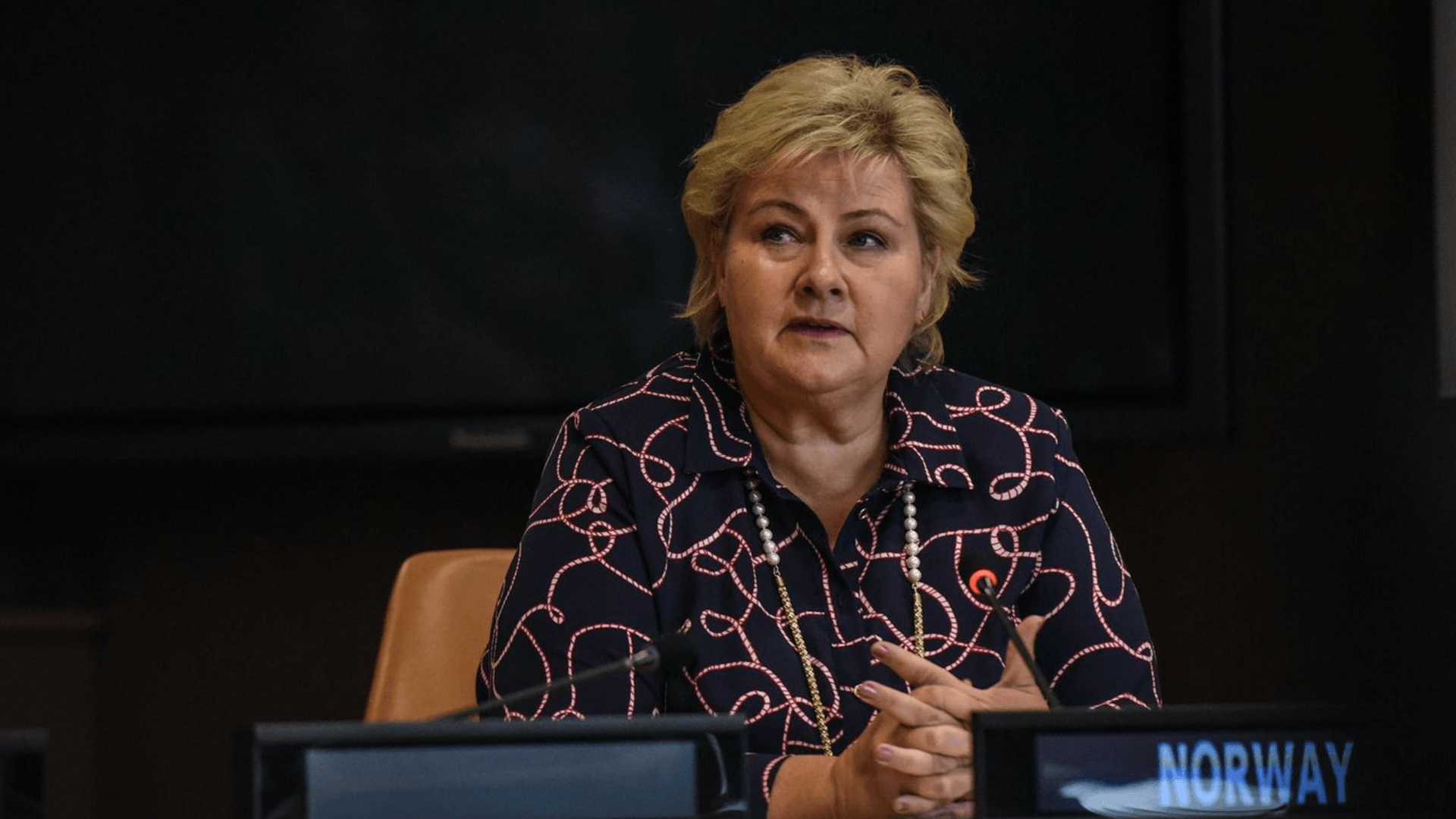
Trump initially praised China’s response to the virus, but when Covid-19 outbreaks began cropping up in the United States in March he shifted his tone, attacking Beijing for refusing to “share accurate and timely data” about the virus and its origins and accusing WHO leadership of enabling the cover up.
“Chinese officials ignored their reporting obligations to the World Health Organization and pressured the World Health Organization to mislead the world when the virus was first discovered,” Trump said in his May 29 announcement. And he complained that “China has total control“ over the agency, despite the fact that the U.S. is its biggest current funder, providing around 15 percent of the organization’s budget, compared to 0.2 percent for China.
Solberg agreed that China likely withheld information from WHO in the initial stages of coronavirus spread, saying it has not been “the most open country.” China and Norway have a difficult recent history: China broke off diplomatic relations for six years between 2010 and 2016 after Norway’s Nobel Peace Prize committee honored Liu Xiaobo, an incarcerated Chinese human rights activist.
But the Norwegian prime minister flatly denied Trump’s assertion that Beijing, alone, holds sway over WHO’s actions. “I don’t think China controls the World Health Organization,” she said.
She called on other countries to help fill the funding gap that would be created if the U.S. ends up leaving — after a one-year notice period — in 2021. Norway is the world’s biggest per capita aid donor, but “Norway alone cannot fill that gap,” Solberg said.
With a population of just five million people, Norway has already pledged $1 billion in assistance to the global coronavirus response. That brings its 2020 development assistance to around $1,000 per capita, approximately 10 times the rate of the United States.
Asked her reaction to the protests against police brutality and racism that have convulsed American cities, Solberg expressed sadness at what she called “long-term” and systemic racism in the U.S.
“It’s important for all of us who care that the U.S. is an international leader in human rights, in inclusive economies. We should see the U.S. without that type of demonstrations, and without that type of police force,” Solberg said.
She suggested, however, that many of the issues at the heart of the protests extend beyond U.S. borders. “We all acknowledge that so many people are feeling left out in recent years, not only in the U.S. If you look at how Covid-19 is affecting societies it is more minorities, more people who have low-income jobs” that are suffering, Solberg said.
Norway is currently competing for an elected two-year seat on the United Nations Security Council. Countries are elected in regional brackets: Norway is in a three-way battle with Canada and Ireland. The Security Council election is set to take place on June 17.
Solberg acknowledged the Security Council’s recent dysfunction but said the world should not give up on the body. “They are the only one who really can interpret international law, and what type of actions are legitimate in the international arena,” she said.
If elected to the body, Norway will focus on making oceans and ocean-based industries sustainable, Solberg said. The country will also fight for Africa to hold a permanent seat on the Council.
Asked why countries led by women — including Taiwan, New Zealand, Finland, Iceland and Germany — were faring better in combating the coronavirus than countries led by men, Solberg said it probably reflects less on the female leaders, and more on the populations that elected them.
Those countries have “a little bit less testosterone and power politics” and a greater willingness to cooperate via communal politics, she said.
Source: politico.com
See more here: news365.stream






